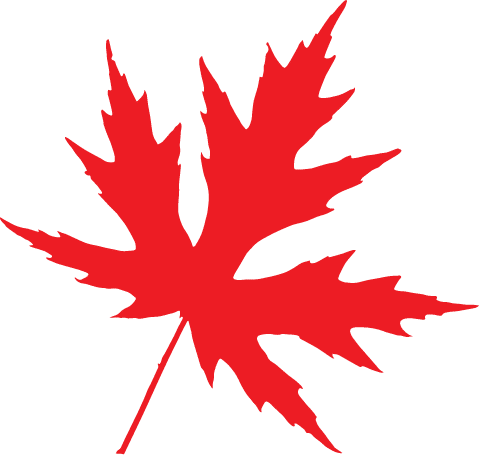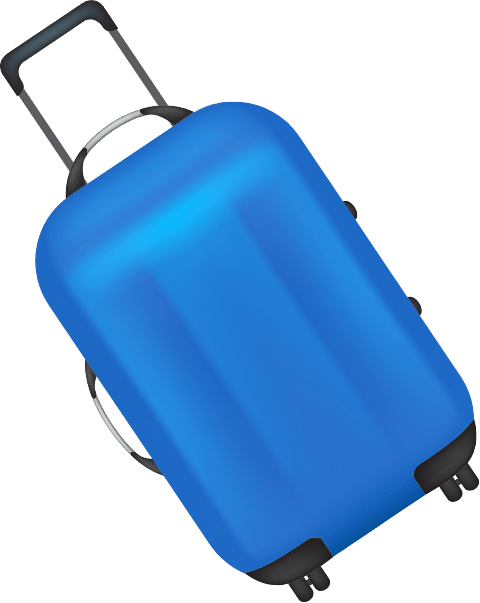Canada is a family-friendly country with a commitment to reunite the loved ones of an individual. Canada offers various immigration programs for the reunification of families with an existing citizen of Canada. Family Sponsorship programs in Canada are the most liberal get together programs across the globe, and it remains one of the crucial pillars of the Canadian immigration process. Under the Family Class Sponsorship Program, a permanent resident or citizen of Canada is eligible to sponsor a relative for immigration to Canada. Following relations are eligible for the sponsorship as of now:








This category is sub-divided into different types of relations explained below. Following relationships are eligible for the sponsorship provided all the requirements are met.
Additionally, applicants who are already living in Canada may also qualify for an open work permit, which will ease the financial burdens for the couple.

As per the sponsorship program, Canadian citizens or permanent residents are allowed to bring their biological or adopted children under the age of 22. This applies only if the citizen is unmarried and has no children of their own. Children who are taken care of solely by the previous spouses are also eligible, and the same should be mentioned in the application.
To sponsor a parent or grandparent, the citizen or permanent residents of Canada need to demonstrate that they are financially stable and will be able to support the family by meeting the Minimum National Income (MNI) based on the size of their family. Additionally, they must support their sponsored family members when needed.
We at Ask Era Immigration are familiar with every detail of the Sponsorship program. With our experience over the years, we have a stronghold on every eligibility criteria in this program. If you are looking to sponsor a family member but are confused with the process, contact us directly, and you are good to go.


There are several ways to immigrate to Canada, such as through Express Entry, Provincial Nominee Programs (PNPs), Family Sponsorship, and Business Immigration. The eligibility criteria and application processes may vary depending on the program and category. You can visit the Government of Canada’s official immigration website for more information and guidance on the different immigration options available.
The requirements to immigrate to Canada depend on the immigration program or category you are applying under. Some common requirements include meeting the language proficiency (English or French) standards, having sufficient funds to support yourself and your family, meeting the educational and work experience criteria, and passing the medical and security checks. Each program may have additional requirements, so it is recommended to carefully review the eligibility criteria before applying.
The processing time for Canada immigration applications varies depending on the program and category. Some programs, such as Express Entry, have faster processing times than others. The processing times can also depend on factors such as the volume of applications received, completeness of the application, and whether additional information or documents are requested. You can check the current processing times on the Immigration, Refugees and Citizenship Canada (IRCC) website.
The different types of Canadian immigration programs include Express Entry, Provincial Nominee Programs (PNPs), Family Sponsorship, and Business Immigration. Express Entry is a federal immigration program for skilled workers, while PNPs are designed to allow provinces and territories to nominate individuals who meet their specific labour market needs. Family sponsorship allows Canadian citizens and permanent residents to sponsor their eligible family members for immigration to Canada. Business Immigration programs are designed to encourage foreign entrepreneurs and investors to start or invest in a business in Canada.




WhatsApp us